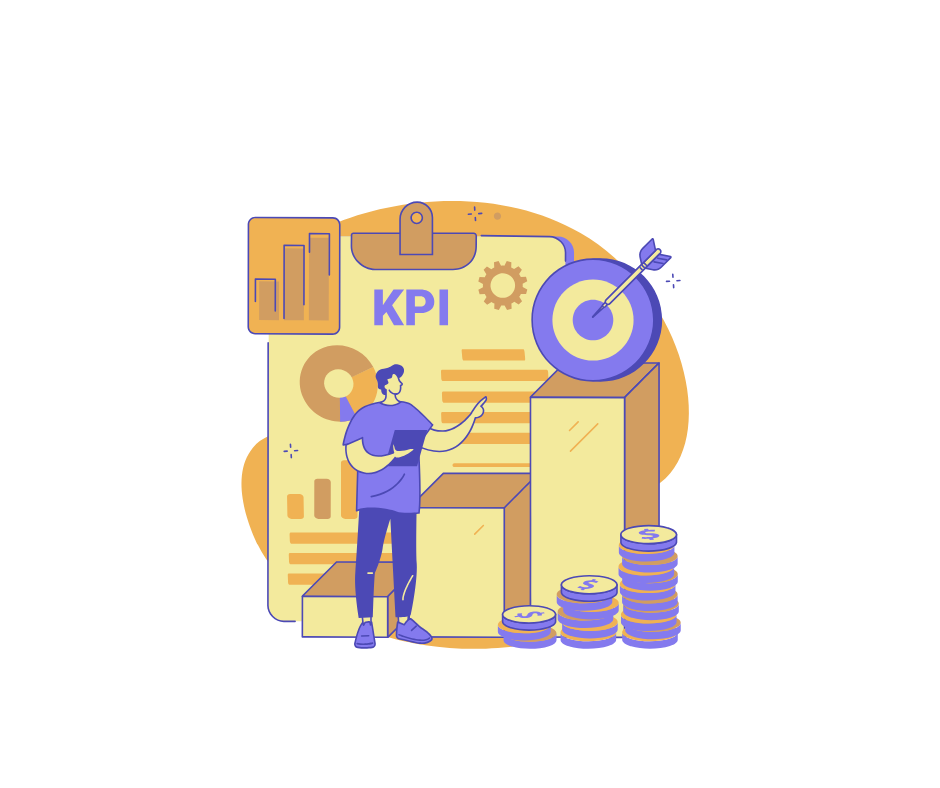Essential Outsourcing has become a crucial strategy for small businesses aiming to streamline operations and focus on core activities. In today’s competitive landscape, many small businesses find that managing every aspect of their operations in-house can be overwhelming and inefficient. By leveraging external expertise, these businesses can not only achieve greater efficiency and growth but also gain access to specialized skills and resources that may not be available internally.
Furthermore, outsourcing can lead to cost savings, improved service quality, and increased flexibility, allowing small businesses to adapt quickly to changing market demands.
Contents
Here are five practical tips to ensure your outsourcing efforts are successful.
1. Identify Essential Outsourcing Core and Non-Core Activities

First and foremost, let’s distinguish between core and non-core activities. Core activities are those that directly contribute to your business’s unique value proposition. These are the tasks that set your business apart and drive its success. On the other hand, non-core activities are supportive tasks that, while necessary, can be efficiently handled by external experts.
For example, core activities include:
- Product Development: This is where your business innovates and creates new products that meet customer needs and drive revenue.
- Brand Strategy: Developing a strong brand identity and strategy is crucial for standing out in the market and attracting loyal customers.
- Customer Experience Design: Ensuring a seamless and positive experience for your customers is vital for maintaining satisfaction and loyalty.
In contrast, non-core activities might include:
- IT Support: Routine maintenance, troubleshooting, and technical support can be outsourced to specialized providers, ensuring smooth operations without diverting focus from your core activities.
- Accounting Services: Managing financial records, payroll, and tax preparation can be handled by external experts, allowing your team to focus on strategic financial planning.
- Logistics and Fulfillment: Handling the storage, packaging, and shipping of products can be outsourced to third-party logistics providers, streamlining operations and reducing costs.
By outsourcing non-core activities, you can concentrate on what you do best and drive your business forward with greater efficiency and innovation. This strategic approach not only enhances productivity but also allows you to leverage specialized expertise to support your growth.
2. Choose the Right Outsourcing Partner

Selecting the right outsourcing partner is crucial for success. Look for a partner with a proven track record, relevant expertise, and a strong reputation. It’s essential to conduct thorough research, read reviews, and even request references. A reliable partner will understand your business needs and work seamlessly with your team to achieve your goals.
Here are some guidelines to assist you in selecting the ideal partner.
-
Evaluate Expertise and Experience: Seek out a partner who has experience in your field. To be sure they have the knowledge and expertise to fulfill your goals, look through their case studies, portfolio, and customer reviews. This is essential for outsourcing to be successful.
-
Assess Communication and Cultural Fit: An effective cooperation depends on effective communication. Make sure the outsourcing partner is in line with the culture and values of your business and speaks your preferred language well. This will assist in preventing miscommunications and cultivating a cooperative working relationship, both of which are critical in the outsourcing process.
-
Consider Cost and Value: Cost is a significant element, but it shouldn’t be the sole one taken into account. Assess the partner’s total worth, taking into account the calibre of their work, their punctuality, and their adaptability to your company’s requirements. These elements must be present for outsourcing to be successful.
3. Establish Clear Communication Channels
Effective communication is the backbone of any successful outsourcing relationship. Establish clear communication channels and set expectations from the outset. Regular check-ins, progress reports, and feedback sessions are essential to ensure everyone is on the same page. This not only helps in maintaining transparency but also in addressing any issues promptly. These practices are essential for successful outsourcing.

4. Define Clear Objectives and KPIs
To measure the success of your outsourcing efforts, especially for small businesses, it’s essential to define clear objectives and key performance indicators (KPIs). These metrics will help you track progress and evaluate the effectiveness of the outsourced tasks. Ensure that your outsourcing partner understands these objectives and is committed to meeting them. Regularly reviewing these KPIs will help in making necessary adjustments and improvements.

5. Focus on Building a Long-Term Relationship
Outsourcing should not be viewed as a short-term fix but rather as an essential, long-term strategy. Building a strong, collaborative relationship with your outsourcing partner is crucial for sustained success. Invest time in understanding their processes, culture, and values. An essential outsourcing partnership fosters trust, loyalty, and a deeper understanding of your business needs, leading to better outcomes.

Additional Tips for Small Businesses:
- Cost Efficiency: Track cost savings and ensure that outsourcing is providing financial benefits compared to in-house operations.
- Quality of Work: Monitor the quality of the outsourced work to ensure it meets your standards and customer expectations.
- Turnaround Time: Measure the speed at which tasks are completed to ensure timely delivery and maintain customer satisfaction.
- Communication: Evaluate the effectiveness of communication with your outsourcing partner to ensure smooth collaboration.
- Scalability: Assess the ability of your outsourcing partner to scale operations as your business grows.
By focusing on these specific areas, small businesses can effectively measure and optimize their outsourcing efforts.
Conclusion
Outsourcing can be a game-changer for small businesses, enabling them to concentrate on their core activities while tapping into external expertise for non-core tasks. By following these practical tips, you can craft a successful outsourcing strategy that fuels growth and boosts efficiency. Remember, the secret to successful outsourcing lies in selecting the right partner, keeping communication clear, and fostering a long-term relationship.
Frequently Asked Questions (FAQs)
A: Tasks that are repetitive, time-consuming, or require specialized skills are ideal for outsourcing. Examples include accounting, IT support, digital marketing, customer service, and administrative tasks. By outsourcing these non-core activities, small businesses can focus on their primary operations and strategic growth.
A: To ensure data security, small businesses should choose outsourcing partners with robust security protocols. This includes verifying their compliance with industry standards, using secure communication channels, and implementing data encryption. Additionally, businesses should establish clear data protection agreements and regularly audit the partner’s security practices.
A: Potential risks include loss of control, communication barriers, and quality issues. These can be mitigated by selecting a reliable partner, setting clear expectations, maintaining regular communication, and monitoring performance closely. Establishing a strong contractual agreement with defined service levels can also help manage these risks.
A: Outsourcing enhances scalability by providing access to additional resources and expertise without the need for significant capital investment. It allows small businesses to quickly adapt to changing demands, scale operations up or down as needed, and enter new markets more efficiently.
A: An outsourcing contract should clearly define the scope of work, deliverables, timelines, and payment terms. It should also include confidentiality clauses, data protection measures, and performance metrics. Additionally, the contract should outline dispute resolution mechanisms and termination conditions to protect both parties’ interests.

